On day one, Legal Literacy and Safety Measures were discussed, facilitated by lawyers, and close to 30 Female Sex Workers, some of whom shared their experience regarding HIV risk and prevention. On the second day, senior police were involved from the Regional Police Commander’s Office, including Regional Operation Officer, Senior Superintendent Isaac Boniface, and the Head of Gender Desk in Morogoro region, Superintendent Mery Kwayi and seven other Police Officers.
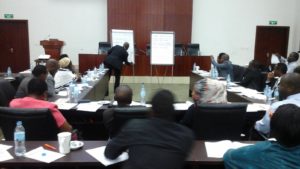 An important component of the dialogue was to have an environment where people could explore challenges facing female sex workers and describe examples relating to mistreatment from the some police. Testimonials included examples of human rights violations and infringements against the Constitution. Female sex workers highlighted the importance of their privacy and their own responsibility for respecting the law to the extent that the law does not legalize sex work activities.
An important component of the dialogue was to have an environment where people could explore challenges facing female sex workers and describe examples relating to mistreatment from the some police. Testimonials included examples of human rights violations and infringements against the Constitution. Female sex workers highlighted the importance of their privacy and their own responsibility for respecting the law to the extent that the law does not legalize sex work activities.
The dialogue resulted in police officers promising to take action against police who deliberately violate human rights of the community.
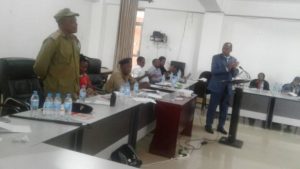
Dialogue recommendations:
I. Senior Police officers agreed that despite of the fact that Commercial Sex Workers activities are illegal according to our laws but still they have rights to be protected like any other citizens in the country and they promised to take actions for their subordinates who violates human rights for the so called enforcing the law. In this regard Regional Operation Officer, Officer Commanding Station and the head of the Gender Desk Officer of the Morogoro region with their consent they provided their mobile phone numbers to Female Sex Workers for ease of communications in case of any mistreatment from the Police activities.
II. Commercial Sex Workers should not expose themselves in open areas as if their activities has been allowed according to law. This will help to minimize risky of being unnecessarily harassed by the Police. They accepted the terms and conditions for both parties to adhere on the best way to reduce harm.
Generally, the two days dialogue paved the way for mutual trust between the Police and the Key Population and the parties felt free to express their challenges and they promised to work together on some things not previously considered. On the other hand Senior Police Officers in Morogoro region admitted that they were not aware at all if the Key Population particularly Commercial Sexy Worker were highly mistreated to that extent and they thanked dialogue organizers for conducting such a room for discussion.
 Inspector Kirungu called upon the Police Officers to collaborate with other stakeholders in Harm reduction programs because police officers are also at high risk of HIV infection due to their daily activities, that the use of force should be minimised, and that Police are always first responders when it comes to the issue of public health and need to consider vulnerable groups needs help and not punishment.
Inspector Kirungu called upon the Police Officers to collaborate with other stakeholders in Harm reduction programs because police officers are also at high risk of HIV infection due to their daily activities, that the use of force should be minimised, and that Police are always first responders when it comes to the issue of public health and need to consider vulnerable groups needs help and not punishment.
MR. ABDALLAH S. KIRUNGU
INSPECTOR OF POLICE
LEAHN-CFP TANZANIA
Mob:+255 762 888 222.


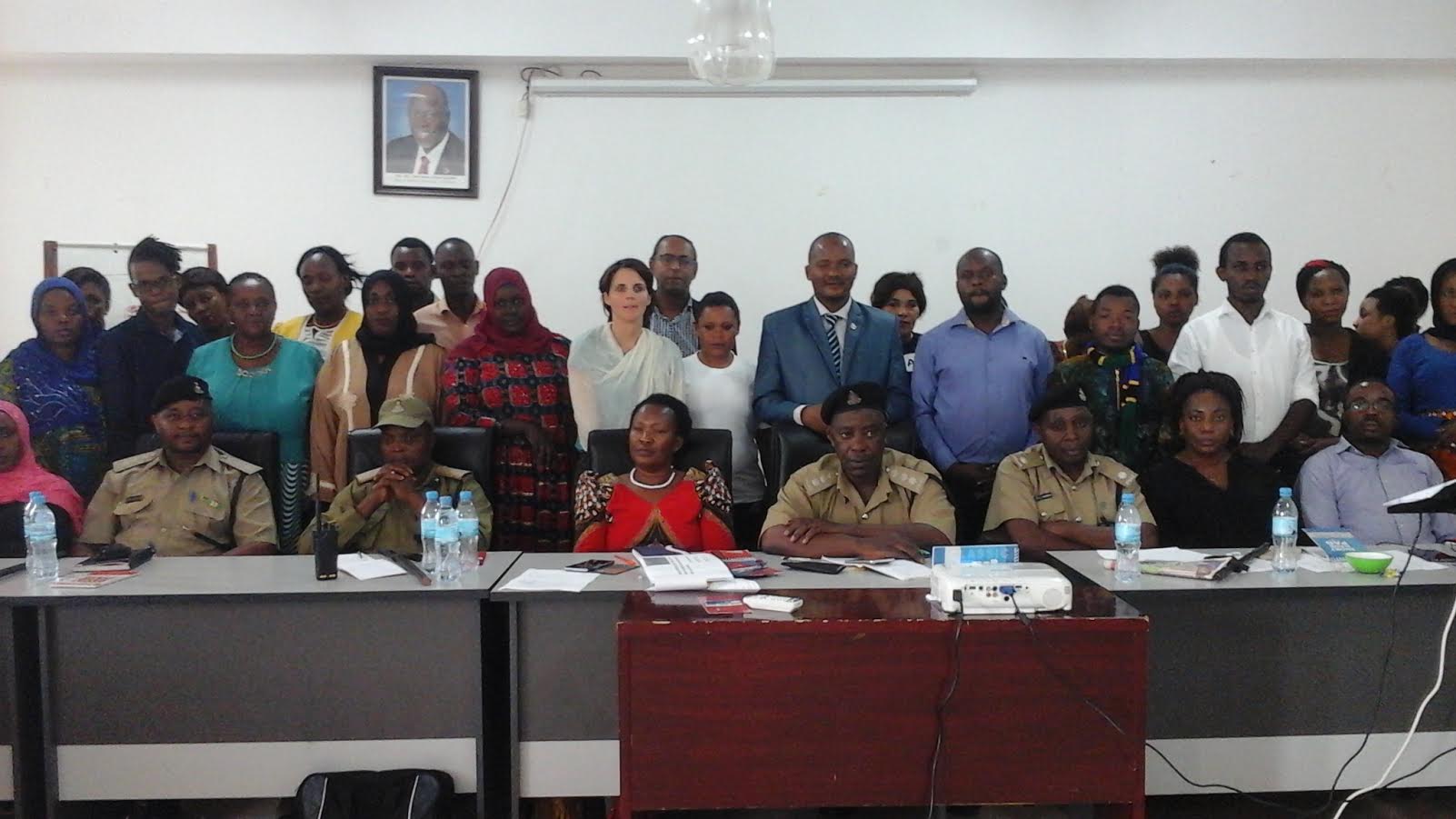

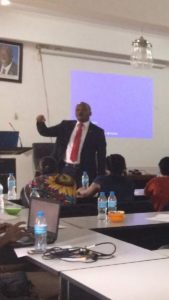
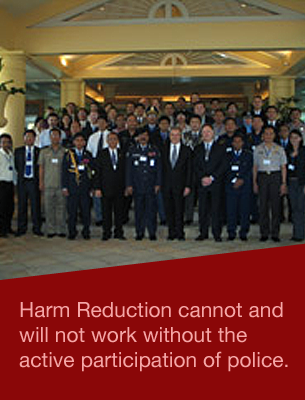
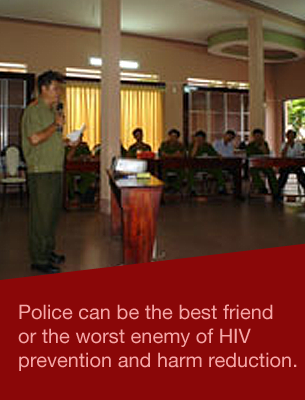
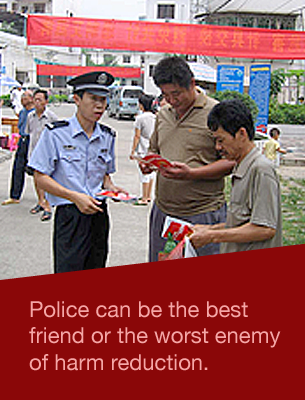
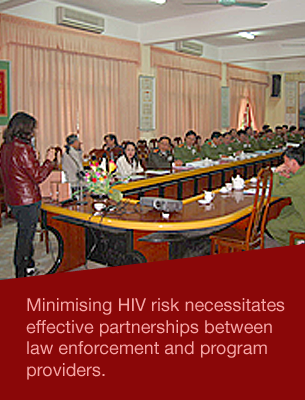
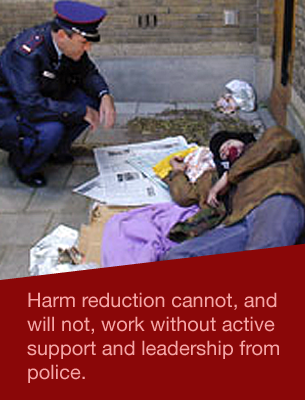


Very nice dialogue, advocacy should also be done to politicians so that they can be able to differentiate between politics and public health